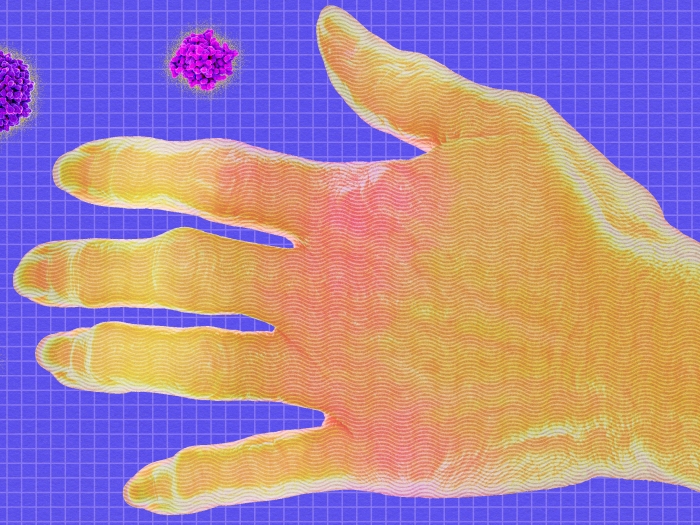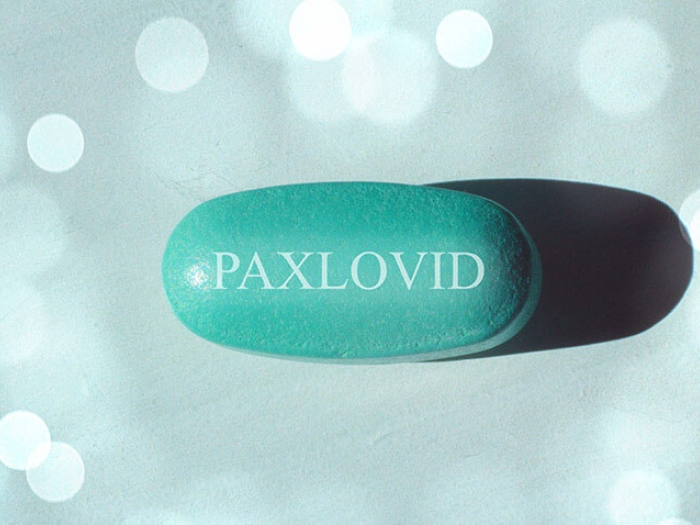After being told skin damage from her severe acne couldn’t be reversed, a young woman sought answers — and found results — at Michigan Medicine.
7:00 AM
Author |
As the captain of her school's dance team, Alaina Black exudes pride and poise.
MORE FROM MICHIGAN: Sign up for our weekly newsletter
But a longtime battle with severe acne, a condition that caused deep facial scarring, shook her confidence.
Anxiety, she recalls, would surface in any social situation: They're probably looking at my face right now.
"I would try to cover it up with a bunch of makeup, and it just ultimately made it look even worse," says Alaina, 18, a high school senior from Rochester Hills, Michigan.
She had previously taken the potent prescription drug isotretinoin (widely known by its former brand name, Accutane) and received glycolic acid peels to combat the acne itself.
Alaina had another goal: Erase the distinctive facial pockmarks tied to her past.
Several dermatologists told Alaina there was little they could do for her scars. "She would cry at the end of appointments sometimes," recalls her mother, Martha.
A Google search led the determined teen to Michigan Medicine dermatologist Dana Sachs, M.D., who explained that treatment options do, in fact, exist.
Together, the pair agreed on a plan that would work best for Alaina.
'A big-deal procedure'
After examining the size and depth of Alaina's scars, Sachs recommended a two-step approach: Fill the gaps with a special acid over several sessions and follow up with a laser treatment to wound her scarred skin, triggering a healing process that could ultimately repair it.
The first step, known as TCA CROSS (short for trichloroacetic acid chemical reconstruction of skin scars), was simple. The acid, applied with a toothpick-sized wand, causes inflammation that helps boost collagen production to improve the skin's appearance.
But the latter treatment, ablative laser skin resurfacing with a carbon dioxide laser, was far more intense.
"It's a big-deal procedure," says Sachs, who compares the physical aftereffects to a scraped knee after falling off a bike. "We have to injure the skin to stimulate the wound-healing mechanisms."
When the skin heals, it also produces collagen to ensure the new layer is smoother and has fewer traces of prior scars.
The treatment, Sachs notes, is costly and uncomfortable (although patients like Alaina receive numbing cream, regional nerve blocks and an oral sedative). Recipients must apply a protective layer of petroleum jelly for several days afterward.
Because skin exposed to this laser therapy can lighten after healing, it's appropriate only for people with lighter skin; nonablative laser options may be used for patients with darker skin tones.
Clearer skin and focus
Alaina expects to have at least one more ablative laser treatment to improve her skin even more.
SEE ALSO: Yes, You Really Do Need 'Beauty Sleep'
But the results so far reflect a big difference.
"When you see your child happy and achieving the results they were striving for, it's huge," says Martha, who praises the personal treatment her daughter received at Michigan Medicine's Cosmetic Dermatology and Laser Center.
"As a parent, I was nervous and had lots of questions; everything was handled so professionally."
Likewise, Sachs credits the young patient for taking a proactive role in her own care: "She was a really ideal candidate because she was so motivated."
Alaina hopes to one day pursue a career in nursing. And she considers her ongoing transformation a key step in that journey.
"My overall confidence I have with myself has evolved," she says, proudly. "This really shaped my life for the better."

Explore a variety of healthcare news & stories by visiting the Health Lab home page for more articles.

Department of Communication at Michigan Medicine
Want top health & research news weekly? Sign up for Health Lab’s newsletters today!





